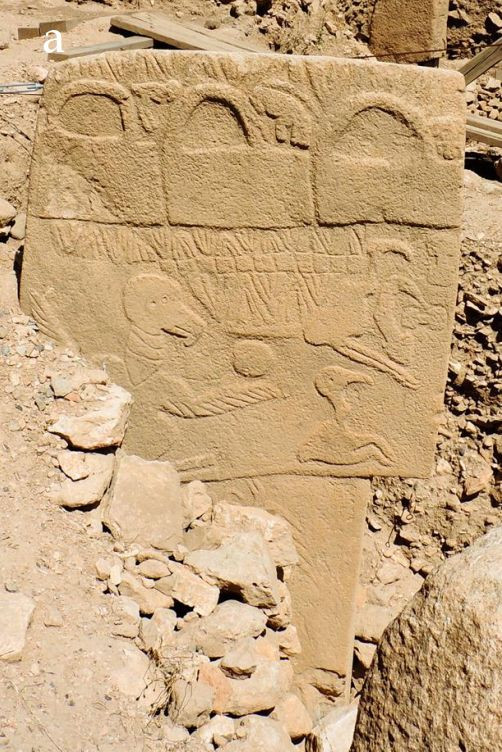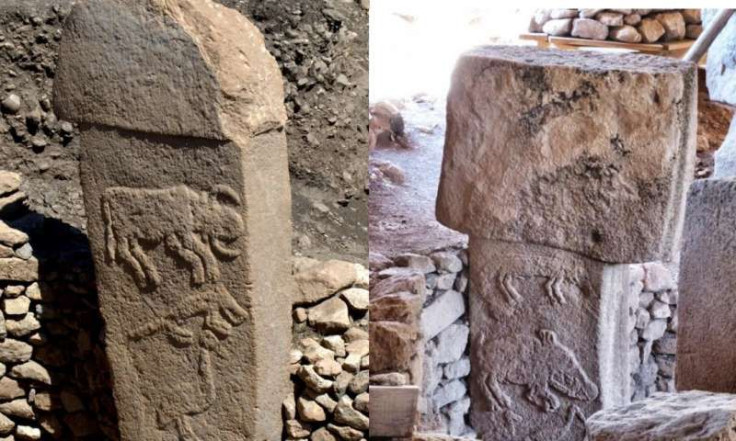Climate Change Period Caused By Comet Crash, Ancient Carvings Show

Ancient people left clues of a comet strike 13,000 years ago that caused a period of climate change and helped create farming as we know it today.
Stone carvings in what is now Turkey appear to depict a comet crashing at the same time Earth rolled into a 1,000-year cooling period known as Younger-Dryas, a study in the journal Mediterranean Archaeology and Archaeometry found. Scientists matched symbols from the carvings, at the Göbekli Tepe archaeological site, to star formations to find out what time period to which the images were referring. The clues from those ancient people match up with evidence of the climate change event from Greenland ice cores.
Read: Dinosaur-Killing Asteroid Caused Earthquake in Colorado
Göbekli Tepe was used to observe and record astronomical events. “The people of Göbekli Tepe appear to have had a special interest in the Taurid meteor stream, the same meteor stream that is proposed as responsible for the Younger-Dryas event,” the study said. “It is very likely that the people … had been keen astronomers for a very long time.”
Among the clues relating to the comet strike, the scientists found a headless man, which seems to imply that people died in the event.

Carvings referring to the comet’s crash date continued for thousands of years afterward, which tells the scientists it was "a very important event that had a significant impact on their cultural development,” the study said.
A report on the research said the Younger-Dryas cooling period influenced many aspects of daily life. It “caused groups of people to band together to cultivate crops, leading to the development of agriculture, which in turn led to huge leaps in technological innovations and societal developments.”
See also:
© Copyright IBTimes 2024. All rights reserved.





















